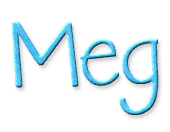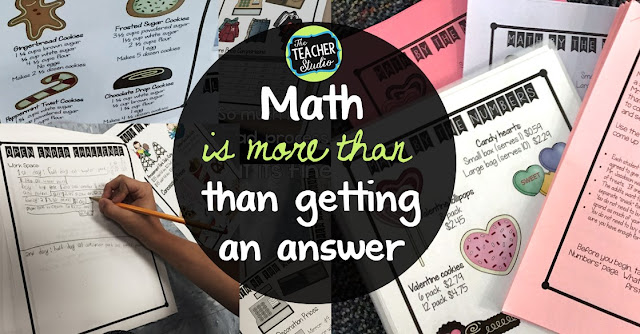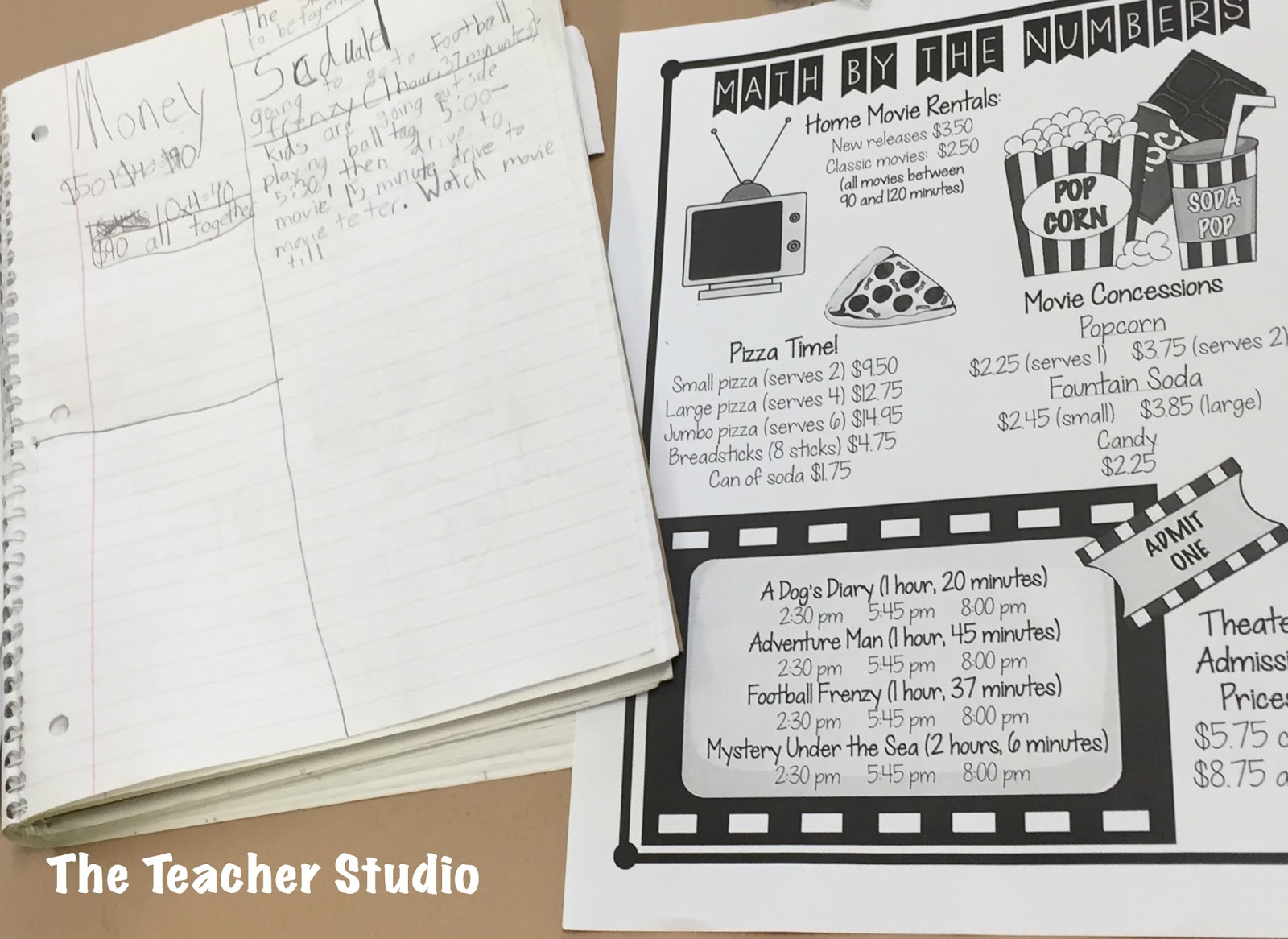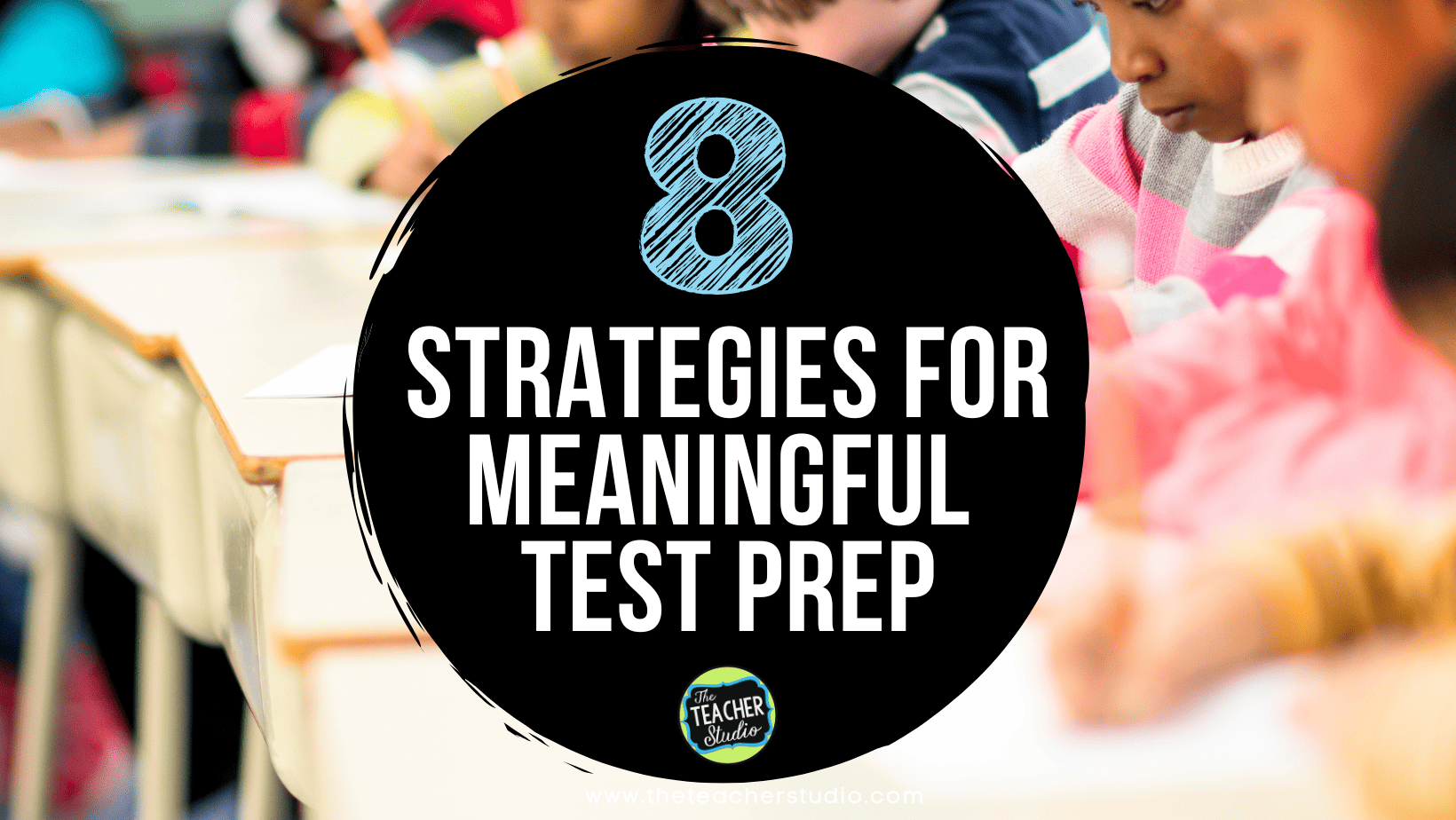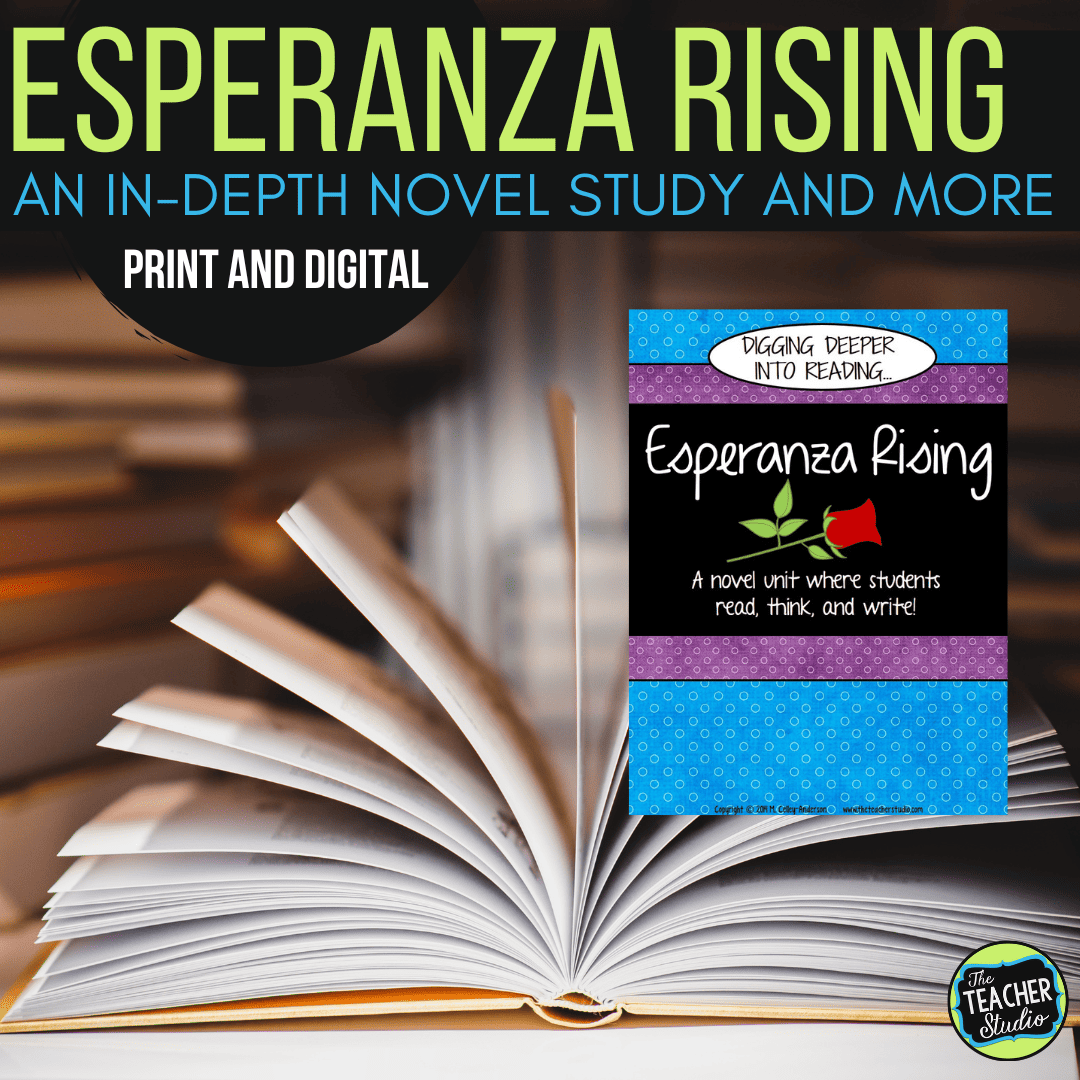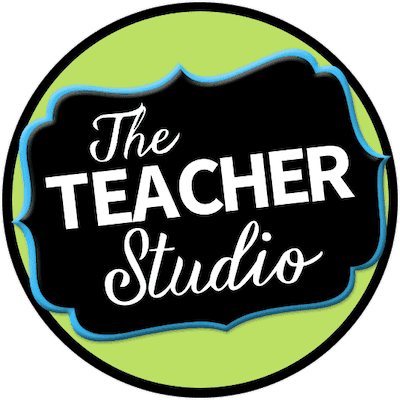One of my biggest “worries” about elementary math programs is the “fill in the blank” nature of the consumable workbooks that come rolled into the package most schools buy. I get it. There is a certain degree of accountability, of convenience when you have a structure for students and teachers to follow as they navigate a year-long curriculum.
My biggest complaint is that students are better at “doing a workbook” than learning math. Know what I mean? They learn how to do a type of problem…often there is a sample…then they do more problems like that. They generally are pretty successful–and then a month later you ask them to do that same skill in a new context and who KNOWS if they recognize the skill or how to apply it. Have you noticed, too, that textbooks either tend to do a separate lesson with word problems or simply put one or two at the end of each lesson? It’s like “word problems” have almost become another fill in the blank–there is no context for them…their content tends to be only marginally interesting (Do your students REALLY care that Becky bought 18 oranges? I didn’t think so.)
I think that’s why I have written SO many word problems over the years–on topics and situations that I think my students can really relate to. I still felt like something was missing. I wanted students “DOING” math, not just answering questions. I wanted them to have to figure out what a problem was asking–a REAL world problem–and then make decisions on how to tackle it. I wanted them to work together…to talk about the problem…to find multiple ways to solve the problems…and even to debate with others about their solutions. My “Thinker Tasks” were born. I made one early this year on the topic of “Back to School Shopping”–and my students LOVED it. It was challenging for them…but we used it to improve our communication and teamwork skills. A few weeks later they were asking, “When do we get to do another “REAL” problem?” I got to work. Soon we had an Amusement Park challenge…a Thanksgiving problem…Holiday Cookies…Valentine’s Day…I couldn’t create them fast enough for some of my students.
I have used them whole class. For “fast finishers”. For an enrichment group. I know I would HAVE to find a way to differentiate them if I wanted to use them whole class, so each one has differentiated components. I knew I wanted to be able to use them to work on mathematical discourse, so I added in discussion prompts. I knew I wanted students who were TOTALLY into it to be able to take it farther–so I added in extension projects. I have even have some more traditional word problems included that go along with the content–but the intent of these projects are for the STUDENTS to take the lead and do the math!
I love that SOME are seasonal like my Back to School Shopping task and my Holiday Feast task…but others can be done at any time of the year. Lots of flexibility.
Well…I finally have my next one finished–a sleepover problem! My students had a BLAST–both boys and girls! I think students love feeling like they have control–so spending someone else’s money and organizing someone else’s time gives them that power! Anyway…I have 4 more projects started (they take me a LONG time to do…), and I can’t wait for summer to have time to turn them into great projects for next year. To celebrate its completion, I’m putting ALL the Thinker Task resources on sale today and tomorrow. I hope you find them as worthwhile as I do.
 |
| Each task has a “Math by the Numbers” sheet which forms the foundation for the project. |
Interested in checking them out? Click the image below and it will take you to the bundle of all 7 of them…you can find the individual ones from there!
